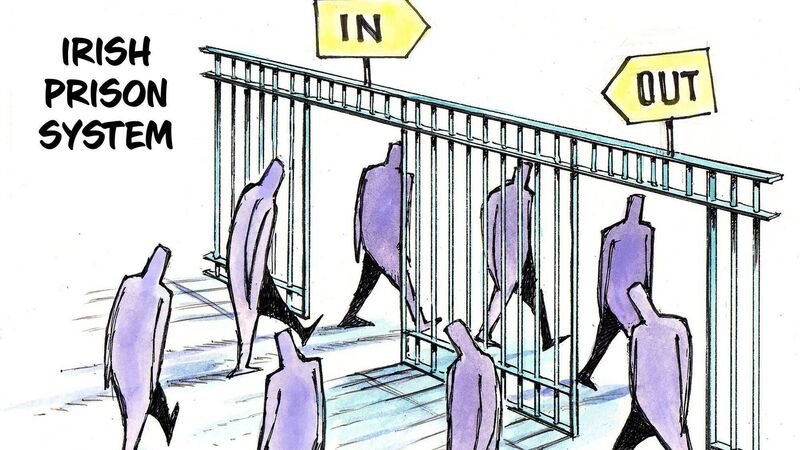How the prison system is failing the Kerry man with almost 550 convictions

Two thirds of the prison population are repeat offenders, according to the Irish Prison Service.
As a new year dawns, resolutions are being made by many to change their lives, to learn something new, to visit somewhere different.
For Richard O’Brien, one of Ireland’s most prolific offenders who currently has almost 550 convictions, the new year brings freedom but it remains to be seen for how long that freedom will last.











